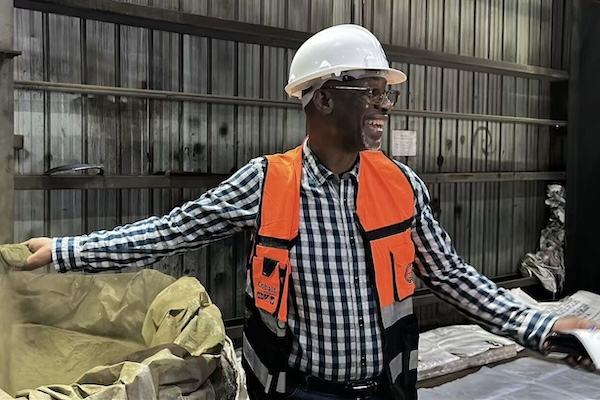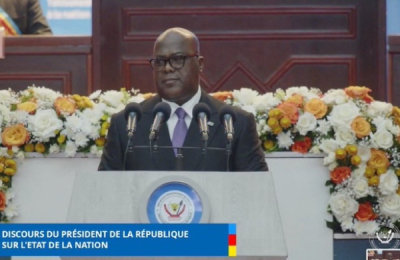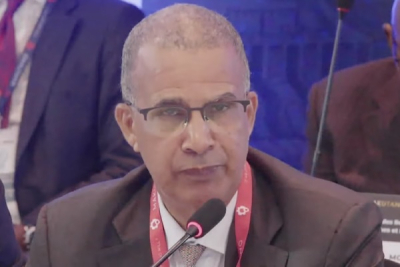Entreprise Générale du Cobalt (EGC), a subsidiary of state-owned Gécamines, presented 1,000 tons of artisanally mined cobalt on November 13, 2025, describing the material as “structured, ethical and traceable.”
The event, titled “1,000 Tons of Future,” aimed to demonstrate to markets and investors that artisanal cobalt can meet international expectations on transparency, profitability, and ESG compliance.
EGC General Director Eric Kalala said the company hopes to attract investment that will help build a competitive, nationally controlled artisanal mining industry.
An Informal Sector with Heavy Reliance
The Democratic Republic of Congo (DRC) holds about 72 percent of global cobalt reserves and supplies more than 74 percent of world production. EGC estimates that a significant share of this output comes from artisanal mining, a sector that employs between 1.5 million and 2 million people and supports more than 10 million others.
Despite its economic importance, the sector operates largely outside formal structures. It is marked by non-transparent buying practices, low prices, unsafe working conditions and the dominance of unregulated intermediaries. These problems prompted the U.S. Labor Department to add Congolese cobalt to its 2024 list of goods suspected of being produced with child labor.
Created in 2019, EGC is mandated to organize, purchase and market artisanal cobalt while improving traceability, compliance and fair pay. The company also aims to increase local value addition through small-scale processing, strengthen cooperatives and offer miners more predictable incomes.
Push for Transparency
To carry out its mission and secure financing, EGC says it has developed a model designed to bring the artisanal segment up to international standards.
“The company is deploying controlled mining zones with weighing stations, direct-payment systems and digital tracking tools to ensure every ton is traceable from the mining site to processing,” EGC said.
However, EGC did not disclose where the 1,000 tons presented in Kolwezi were mined. The lack of clarity is significant for industrial buyers, who frequently accuse artisanal miners of entering their concessions illegally. Such incursions regularly spark disputes and, according to the Federation of Congolese Enterprises, have caused nearly 3 billion dollars in losses for one mining company.
Government Response
In response, President Félix-Antoine Tshisekedi announced several measures during the 47th Council of Ministers in Kolwezi on June 13, 2025. These include quickly designating legal artisanal mining zones and opening discussions with mining companies, including Gécamines, to release specific land parcels.
Gécamines had already made five pilot sites available to EGC around Kolwezi in February 2024. The sites were intended to support a roadmap to gradually formalize the artisanal cobalt sector. An exploration program began soon after, and EGC announced in September 2024 that targeted drilling would start on one of the locations. Results have not yet been published.
Pierre Mukoko & Ronsard Luabeya










